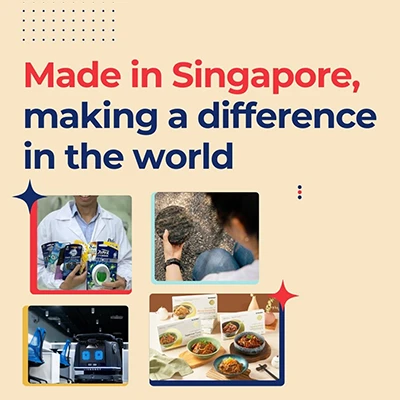From AI to supply chain to talent, innovation and sustainability, Singapore announced new incentives and schemes this year to support global businesses and local enterprises as they position themselves for growth. Here are the highlights:
INNOVATION
In Budget 2023, Finance Minister Lawrence Wong announced a new Enterprise Innovation Scheme (EIS) that enhances tax deductions for businesses working on five key activities that boost innovation. The tax deductions will be raised on qualifying expenditure for activities such as R&D conducted in Singapore, registration of intellectual property and innovation carried out with polytechnics and Institutes of Technical Education.
Besides the EIS, Singapore has other incentives and schemes to encourage businesses to upgrade their capabilities or expand the scope of their business operations here. EDB’s Corporate Venture Launchpad programme helps companies incubate innovative business ideas that have the potential to grow into globally competitive businesses from Singapore.
Global companies can also partner with Singapore government agencies to drive their innovation mandate in the region. This year, Johnson & Johnson International inked a first of its kind collaboration with EDB to boost life sciences innovation in the region. US biotech venture creation company Flagship Pioneering, best known for its role in backing Moderna, opened its regional hub in Singapore, seeking to boost new collaborations with the healthcare and life sciences industry in APAC.












